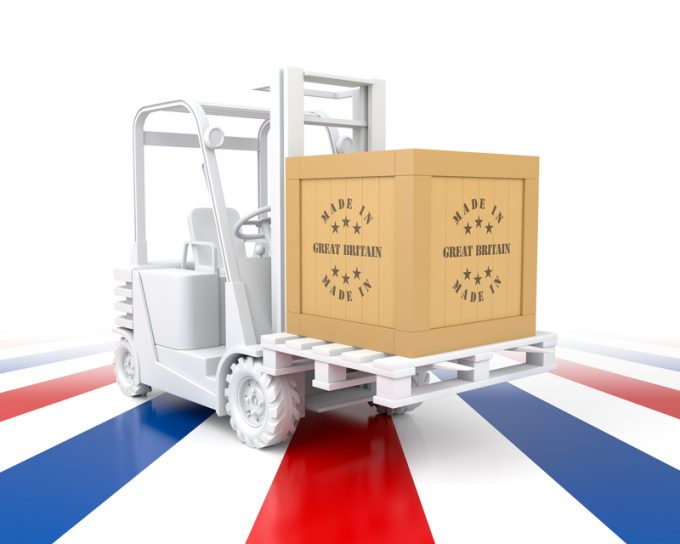Eastern Europe trade takes off as new air services generate excitement
Cathay Cargo’s new bellyhold service from Munich to Hong Kong launches today, and has already ...

UK supply chains must use the delay of post-Brexit customs changes to implement new systems, or face going to the wall
Management consultant Neil McEvoy told The Loadstar the 40% “drop off a cliff” in UK exports to the EU in January proved that many businesses “just weren’t ...

Comment on this article